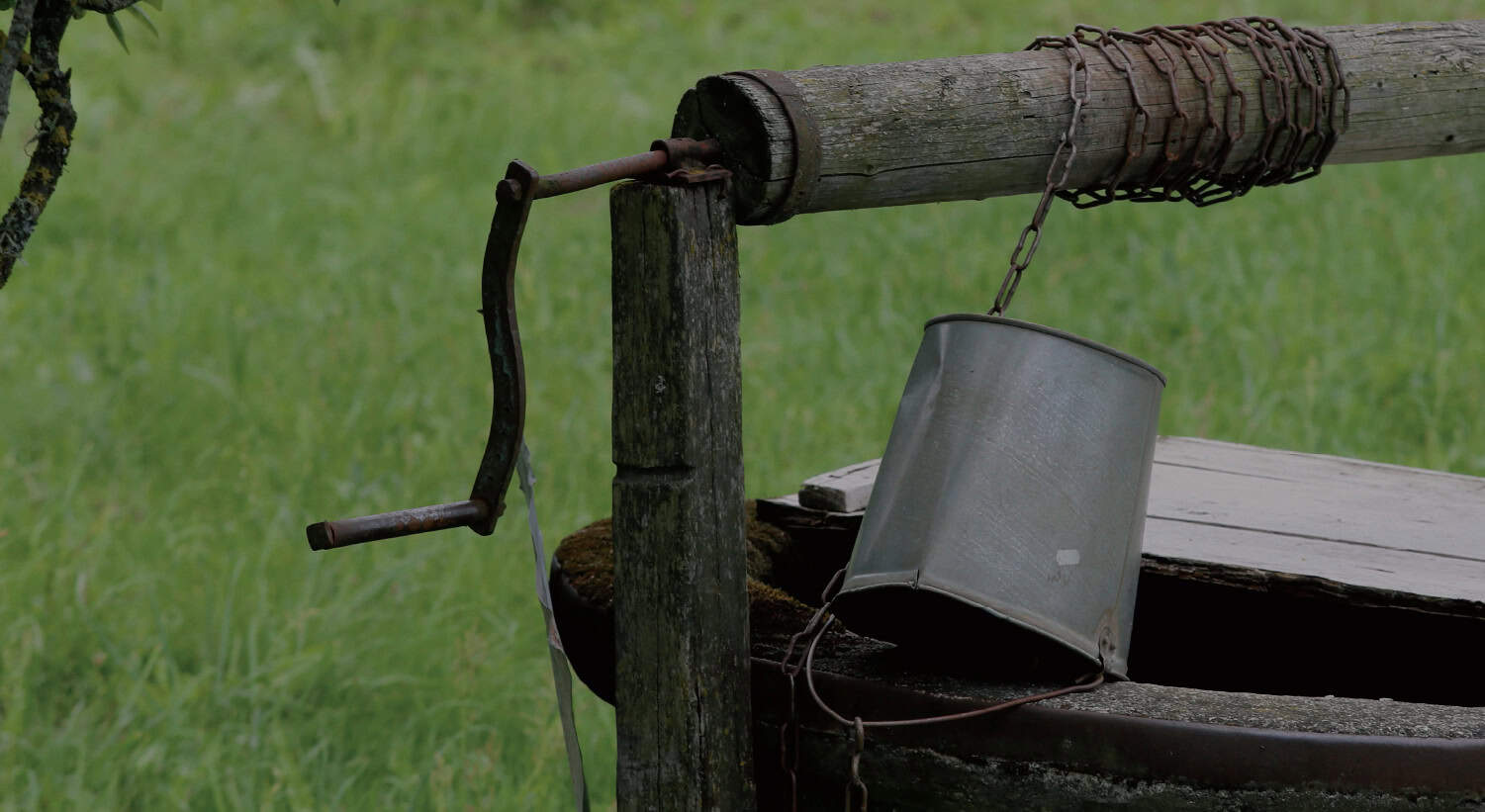No Secret to God
Judas Iscariot didn’t have a friend in the world except Jesus, and he had just betrayed Him. Matthew’s Gospel tells us, “When Judas, who had betrayed him, realized that Jesus had been condemned to die, he was filled with remorse. So he took the thirty pieces of silver back to the leading priests and the elders” (Matthew 27:3 NLT).
He went to the religious leaders, regretting what he had done. But they said, in effect, “What is that to us? That’s your problem. You’ve served your purpose. Get out of here.”
That is so typical of this world. It promises freedom, but it brings slavery. It promises enjoyment, but it brings guilt. Instead of happiness, it brings sorrow. Instead of pleasure, it brings pain. Judas turned to religion, but what did religion do for him?
Some people think they need “a little religion.” But they don’t need a little religion; they need a lot of Jesus. A little religion isn’t going to help us. A lot of religion won’t help us, either.
Judas Iscariot went to religion, but he needed Jesus Christ. He needed to turn to the Lord.
We might think that Judas wasn’t really sorry for his sin. In a way, he was. But there’s a difference between repentance and remorse. Remorse is being sorry that you got caught. For example, if you’re pulled over by the highway patrol, you’re remorseful. But it isn’t because you broke the speed limit. It’s because you didn’t have your radar detector turned on.
On the other hand, if you decide that you’re not going to speed anymore, that is repentance. Repentance is being sorry enough not to do it again.
Judas Iscariot was remorseful. He knew that Jesus was innocent. And he knew that what he did was wrong. But if he was repentant, he still could have turned to Jesus.
He had no excuse. He walked and talked with Jesus for three and a half years. The Lord chose him to be His disciple. But the foreknowledge of God does not change the responsibility of man. Even though Jesus knew what would take place, Judas Iscariot, of his own volition, deliberately betrayed the Lord.
He had heard Jesus give His greatest sermons. He listened to the Sermon on the Mount and the Olivet Discourse with his own ears. He saw Lazarus raised from the dead, the blind receive their sight, and the deaf receive their hearing. Judas saw miracle after miracle, yet his heart grew harder and harder.
In the same way, as the Word of God goes out, it impacts and changes some people. But it also hardens others, because they have no intention of believing it. Thus, the continual exposure of God’s Word is doing more harm than good.
Know this: If you think you’re living a secret life, it is no secret to God. You may be fooling people. You may put on a good performance as Judas Iscariot did. But the reality is that God knows. And God will forgive you if you repent. So don’t keep living that way.
Click below to receive more daily encouragement from Harvest Ministries.
Receive These Devotions In My Inbox OR View Available Resources
Share this today:

Did you pray with Pastor Greg?
To help you get started, we would love to send you a free Bible and other resources to help you grow in your faith.
Get Resources
In thanks for your gift . . .
Following Jesus is more than a one-time decision—it’s a daily walk. In this book, Greg Laurie explores the true meaning of discipleship and how you can experience a life of purpose, growth, and joy. Get your copy of Discipleship: The Road Less Taken with your donation today.
Make Your Gift



